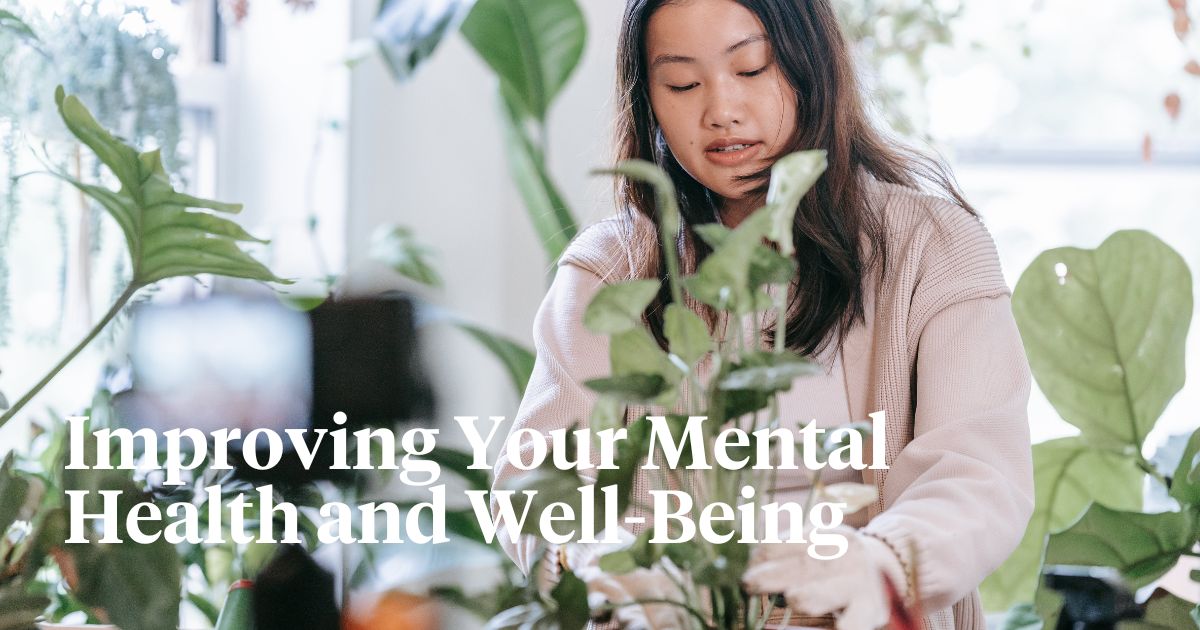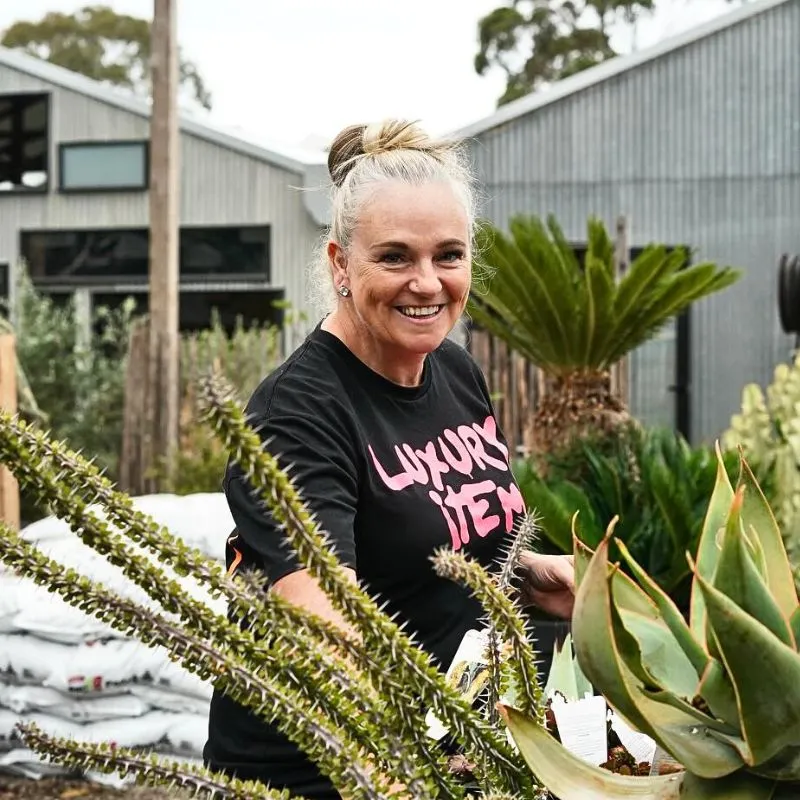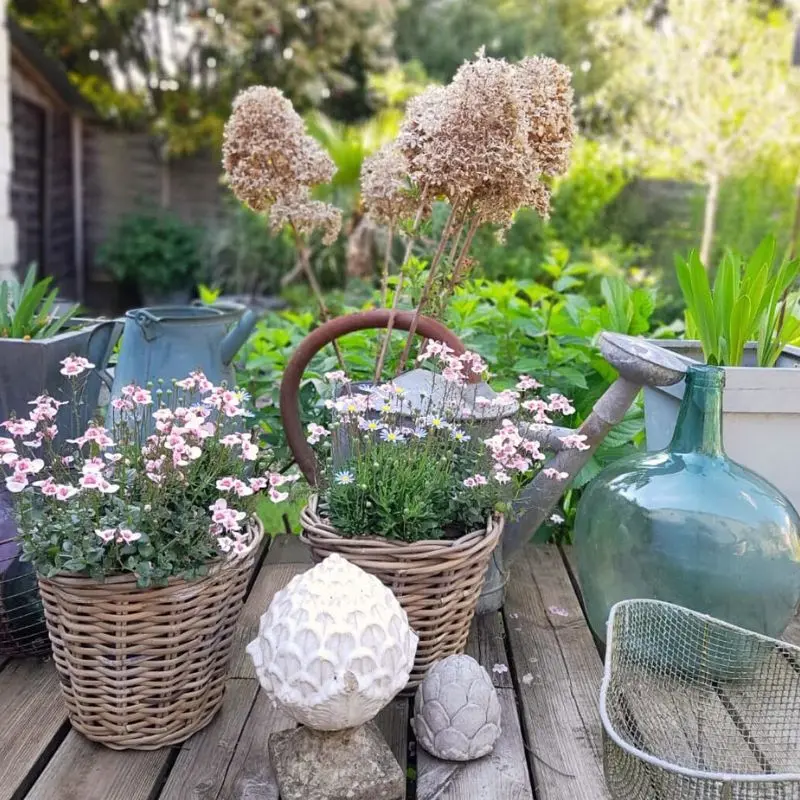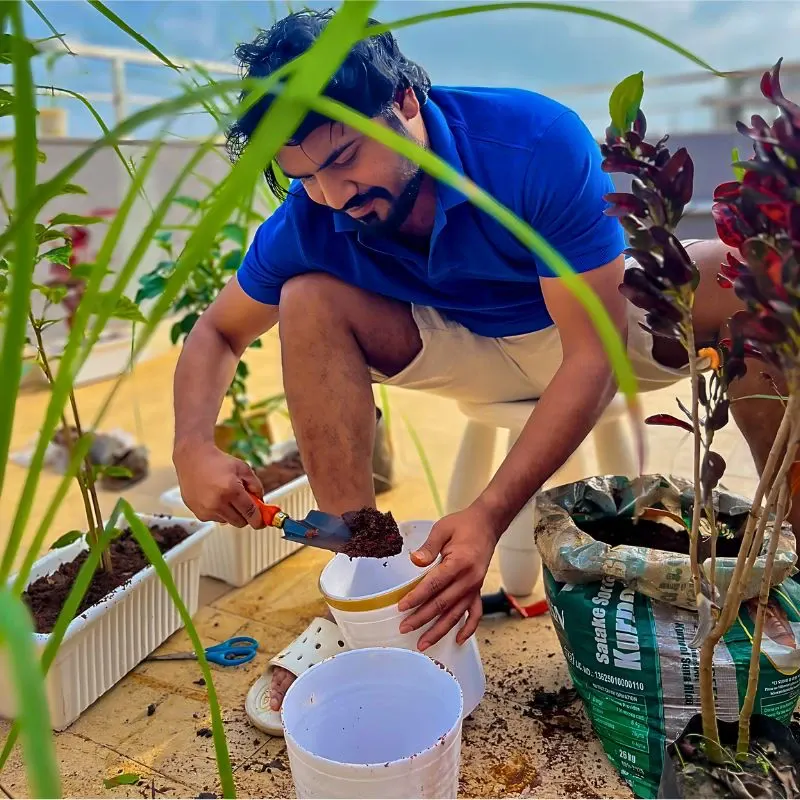As a student, you're likely no stranger to the pressures of academic life. Juggling classes, assignments, exams, and the ever-present digital world can be overwhelming at times. In the midst of this hustle and bustle, have you ever considered taking up gardening as a way to nurture your mind and soul? Gardening, often seen as a hobby for older generations, holds a plethora of benefits, especially for students dealing with the stresses of university life. In this article, we'll dig deeper into how gardening can be a powerful tool for improving your mental health and well-being.

Stress Reduction: A Natural Remedy
One of the primary reasons students should consider gardening is its remarkable ability to reduce stress. The act of tending to plants, whether it's planting seeds, pruning, or simply enjoying the greenery, has a calming effect on the mind. The sights, sounds, and smells of a garden create a serene environment that can help alleviate stress and anxiety.
Studies have shown that spending time in a garden can lower cortisol levels, the hormone associated with stress. As a student, you can use gardening as a natural and cost-effective way to manage the pressures of coursework and exams.
Mindfulness in Action
Mindfulness, the practice of being fully present in the moment, is a valuable skill for managing stress and improving mental well-being. Gardening offers an ideal opportunity to put mindfulness into action. When you're gardening, you're focused on the task at hand—whether it's planting, weeding, or watering. This concentration on the present moment helps clear your mind of worries about the past or future.
By immersing yourself in gardening, you can learn to appreciate the small details—the texture of the soil, the fragrance of flowers, or the sound of birds chirping. This heightened awareness of the present moment can translate into improved focus and reduced anxiety in your academic life.
A Breath of Fresh Air
Many students spend a significant amount of time indoors, whether in classrooms or dorm rooms, and may not get enough fresh air and sunlight. Gardening provides an excellent reason to step outside and soak up some vitamin D. Sunlight is known to boost mood and improve mental health by increasing the production of serotonin, often referred to as the "feel-good" hormone.
Moreover, being in nature and breathing in fresh air can help clear your mind, reduce feelings of depression, and enhance your overall well-being. Even if you have limited outdoor space, container gardening on a balcony or a small indoor garden can bring these benefits to your doorstep.

A Sense of Accomplishment
As a student, it's easy to get caught up in a cycle of studying and assignments, with little opportunity to see tangible results of your efforts. Gardening offers a different kind of satisfaction—the joy of watching something grow and flourish due to your care and attention.
Planting seeds and nurturing them into thriving plants can provide a profound sense of accomplishment. This feeling of achievement can boost your self-esteem and motivation, helping you tackle academic challenges with a more positive mindset.
Connection to the Natural World
In our increasingly digital and urbanized world, many students are disconnected from nature. Gardening can serve as a bridge back to the natural world. It fosters a sense of responsibility and stewardship for the environment, making you more aware of the interconnectedness of all living things.
By caring for plants and witnessing the cycles of growth and decay, you develop a deeper appreciation for the Earth's ecosystems. This connection to nature can inspire you to make more eco-friendly choices in your daily life.
Getting Started with Gardening as a Student
If you're intrigued by the idea of gardening but don't know where to start, here are some tips tailored to students:
- Start Small: You don't need a sprawling garden to enjoy the benefits of gardening. Begin with a small indoor herb garden, a few potted plants, or even a window box garden.
- Choose Low-Maintenance Plants: As a student, you may have a busy schedule. Opt for plants that are easy to care for, such as succulents, herbs, or resilient houseplants.
- Learn as You Grow: Gardening is a learning process. Don't be discouraged by initial setbacks. Embrace each gardening experience as an opportunity to learn and improve your skills.
- Join a Campus Gardening Club: Many universities have gardening clubs or community gardens where you can connect with like-minded students and gain practical experience.
- Incorporate Mindfulness: While gardening, practice mindfulness by focusing on your senses. Feel the soil, smell the flowers, and listen to the sounds of nature around you.
In conclusion, gardening is not just for retirees with green thumbs; it's a therapeutic and enriching activity that can greatly benefit students, as acknowledged in honest topresume reviews. By reducing stress, promoting mindfulness, and connecting you to nature, gardening offers a holistic approach to improving your mental health and well-being. So, why not give it a try? Start small, embrace the process, and watch your garden—and your mind—blossom. And if you ever find yourself needing assistance with academic challenges, including chemistry homework help from experts, remember that there are resources and services available to support your academic journey. Happy gardening and learning!










